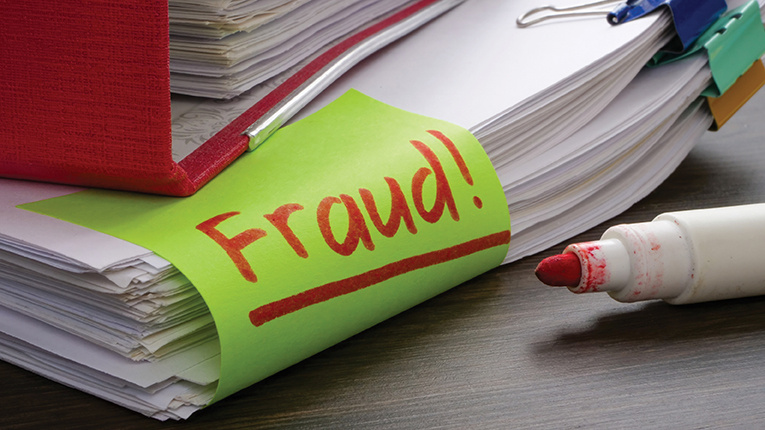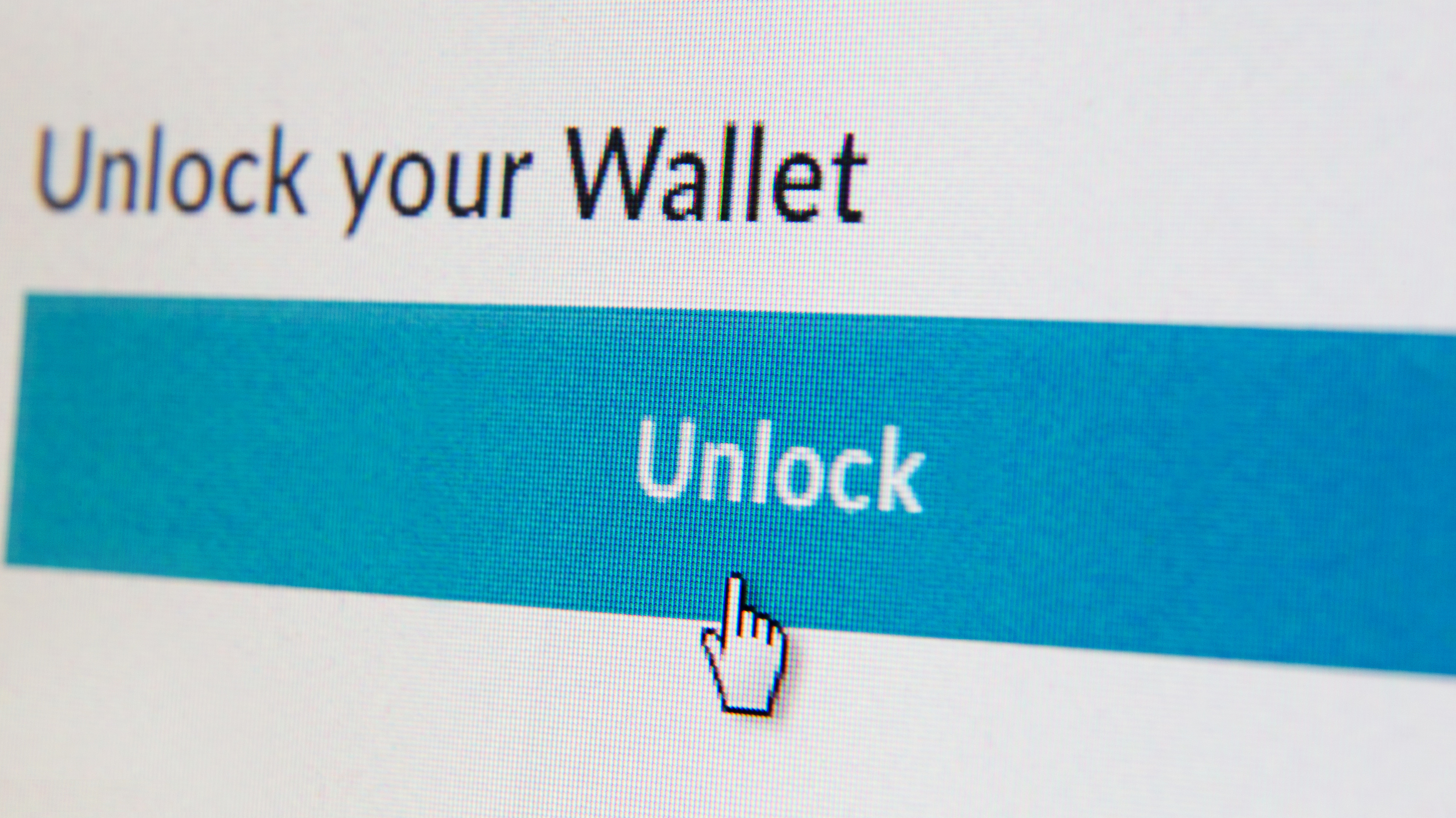In This Blog, We’ll Cover:
- Fraud vs. Scams: Define the differences so you can understand key distinctions between each.
- Examples: Provide examples of common financial fraud and scams, how they work and what red flags to look for.
- Offer Practical Tips: Explore best practices and methods for how to avoid becoming victim of financial fraud or a scam.
- What To Do: Review what steps to take if you're targeted by a financial fraud or scam attempt.
What is Financial Fraud?
Financial fraud is an unlawful practice of deceit that is used for financial gain. It often involves withholding important information, faking documents or illegally gaining access to personal information, with the intent of stealing money or sensitive data. Fraud can be carried out by individuals, organizations, or even criminal networks.
Examples of Common Financial Fraud:
- Account Takeover Fraud: Happens when someone gains access to your bank accounts, online accounts, credit card information, or payment apps and steals your money.
- New Account Fraud: Is when someone steals your personal information to open new accounts, credit cards and/or loans in your name.
- Identity Theft: Occurs when someone steals your personal information, such as your Social Security number, name, bank account or credit card numbers and uses it without permission.
- Credit Card Fraud: Takes place when a fraudster gains access to your credit card information and uses it to make unauthorized transactions.
- Tax Fraud: Involves falsifying tax information or using someone else's identity to file fake tax returns and claim tax refunds illegally.
What is a Scam?
A scam is deceptive act against unsuspecting people by tricking them into giving out their financial information, online account login and passwords, or other sensitive information in attempt to steal their money. In some cases they use fear and pressure as a tactic to manipulate victims into sending money immediately via apps or wire transfer, gift cards or money orders. Because scams use deceit which leads to unsuspecting individuals providing their information, the victims are left responsible and on the hook for any losses while the criminal disappears without a trace.
Examples of Common Scams:
- Vishing Scams: Scammers use phone calls, often spoofing the phone number to appear like its coming from a legitimate company, to convince individuals to provide personal information.
- Text Message Scams (Smishing): Fraudulent text messages claiming to be from a trustworthy source, such as a delivery service, financial institution, or government agency to trick people into providing their personal or financial information.
- Fake Check Scams: Involve receiving a check in an amount larger than expected. The victim is then asked to deposit the check and return the difference back to the sender. The check is returned because it's fake and the victim is left owing funds to the financial institution.
- Romance Scams: A criminal uses a fake identity to pursue a friendship or romantic relationship to gain a victim’s trust to then steal money from them.
- Investment Scams: May take many forms, such as someone trying to trick you into investing in cryptocurrency, real estate training programs, or other seemingly profitable opportunities.
Helpful Resource: Learn more about text message scams impersonating credit unions in our ‘Beware: Credit Unions Will Never Text You This’ blog.

How to Avoid Financial Fraud and Scams
Financial fraud and scams can be difficult to detect. Fraud typically involves unauthorized access to personal information without the victim’s knowledge or consent. Scams are designed to manipulate victims into giving out their information through trickery. In either case, a financial fraud or scam attempt may appear seemingly convincing. Avoid becoming a criminal's next victim by keeping these tips in mind.
Avoid Financial Fraud and Scams:
- Verify Before You Act: If you receive an email or message from a company asking for sensitive information, don’t respond. Instead, contact the company directly through official channels to verify whether the request is legitimate.
- Be Wary of Unsolicited Offers: If an offer sounds too good to be true, it probably is. Be skeptical of any unsolicited offers, especially those that ask for personal information or upfront payment.
- Don’t Share Personal Information: Don't share personal or financial information with anyone via phone, email, or text unless you initiated the contact and are certain the recipient is legitimate.
Never click links or download attachments from unsolicited emails. Doing so can result in harmful malware being downloaded onto your device, or lead you to a fake website designed to capture your sensitive and personal information.
Stay Safe from Financial Fraud and Scams:
- Monitor Your Accounts Regularly: Check your bank, credit card, credit report, and other financial accounts regularly. Report any suspicious activity or transactions immediately.
- Use Strong Passwords: Always use a complex mix of uppercase and lowercase letters, numbers, and special characters for your passwords. The more complex, the harder they are for criminals to steal.
- Use Two-Factor Authentication: Enable two-factor authentication whenever possible. This feature adds an extra layer of security before allowing access to accounts. If you receive an authentication code from your financial institution that you did not request, do not give out the information. Contact your financial institution immediately to ensure there are no unauthorized changes to personal information or fraudulent transactions on your account.
- Don't Overshare on Social Media: Never post personal or sensitive information on social media or click on suspicious links, offers, or ads. Criminals also use social media to learn about and target victims.

If You Become a Victim of Financial Fraud or a Scam - Do This
If you suspect that you or someone you know has fallen victim to financial fraud or a scam, take these actions immediately.
- Report the Incident: Report the incident to your financial institution, credit card issuer, the Federal Trade Commission (FTC), the Internet Crime Complaint Center (IC3) and local law enforcement.
- Freeze Your Accounts and Credit: Check your accounts for any unauthorized transactions or use. Freeze accounts and your credit report by contacting each bureau – Equifax, TransUnion and Experian.
- Change Your Passwords: Update all of your online account passwords, add passcodes to accounts, and enable two-factor authentication.
- Seek Legal Assistance: Consider consulting with a lawyer who specializes in fraud or identity theft cases for guidance through the recovery process.
For more information about how to deal with consumer fraud, read 'The Ultimate Guide to Dealing With Consumer Fraud' and 'Identity Theft: A Survivor's Guide' by BALANCE. BALANCE offers a variety of FREE resources to help keep you safe from financial fraud and scams. As a member, you also have access to FREE financial counseling through BALANCE.
Stay Vigilant and Safe
Falling victim to fraud or a scam can cause devastating financial loss and emotional impacts. By staying vigilant and aware, regularly monitoring your accounts, and practicing online safety, you can better protect yourself from becoming a victim of fraud.
Always Remember: Neither Peach State nor any of our third-party vendors (i.e., Visa) will ever call, text, or email you asking to disclose account or other personal information. If you believe you were contacted from someone claiming to be from Peach State, please contact us immediately at 855.889.4328, stop by your local branch, or email us at psfcu@peachstatefcu.org.
If something feels suspicious or seems to good to be true, trust your instincts. Taking a moment to verify information or report a concern may save you from becoming the next victim of financial fraud or a scam.
To learn more about staying safe from financial fraud and scams, visit the Fraud section of our Dollars & Sense blog.


